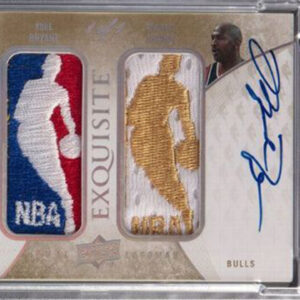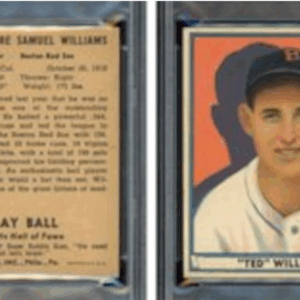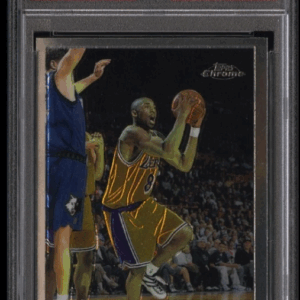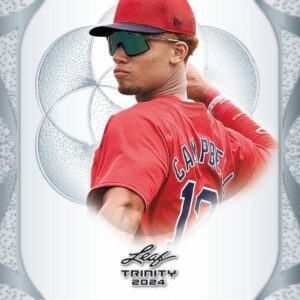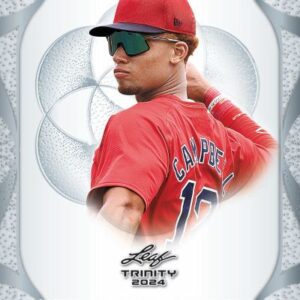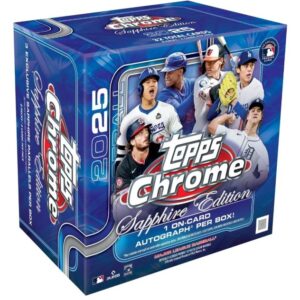Imagine, if you will, the bustling convention floor of a Magic: The Gathering event, where the aroma of card sleeves mingles with the hum of eager players swiveling in their chairs. Every table is a battlefield, and the strategies are endless. But somewhere amid this symphony of spells and land tap-tapping emerges a new hero, or rather, an antihero, who is here to shred both the rulebook and your expectations—Spider-Punk.
Wizards of the Coast ignited the Magic community when they teased their Spider-Man-themed Magic: The Gathering set. Kilowatts of excitement surged through fans eager to see Spidey and his rogue’s gallery join the fray. Yet, initial excitement was quickly followed by a fleeting sense of dissatisfaction. The revelation that the set would lack preconstructed Commander decks left many Commander aficionados dismayed, and comic book junkies puzzled. Enter Spider-Punk—a character known more for punk rock stage presence than superhero tradition—and suddenly the murmurs turned to chatter, if not outright exhilaration.
At first glance, Spider-Punk himself seems humble—unassuming even—with a mana cost like a whispered promise: only two. But dig deeper, and it’s clear this punk’s bite is more fearsome than his bark, shaking the foundations of the Commander format with disruptive zeal. The Riot ability allows for haste or a +1/+1 counter, yet it is Spider-Punk’s unique knack that truly makes him the punk rocker of the strategists’ stage.
What’s his trick? Like a true anarchist, Spider-Punk instates new rules. Once he steps onto the battlefield, it’s an amazingness akin to tearing the “no audience on stage” rule at a concert. Suddenly, no spells or abilities can be countered, and damage prevention becomes a thing of the past—essentially stripping off the safety harnesses weaving through countless decks. Classic safety nets and stop signs, like Counterspell, Teferi’s Protection, or The One Ring, lose their power in his presence. For players exhausted by endless counteracts and evasive maneuvers, Spider-Punk is a dream manifest—a red, rebellious disruption.
Nevertheless, this is no ultimatum to the format but a melodious invitation to chaos. His effect is double-edged, as any good punk song should be. Sure, it opens a window for you to rush towards victory unchallenged by meddling counter spells. But once control slips from your fingertips—the echoes reverberating around the table—a rival who’s been biding their time can exploit this newfound freedom, letting their instant-speed threats scream without interruption. Moreover, compared to the beasts swooning around Commander tables, Spider-Punk stands physically unimposing, easy to pluck off if you’re unwary.
Despite—or maybe partly because of—the risk and unpredictability Spider-Punk invites, the card’s demand is ravenous. Early presales already see regular versions going for a wee bit into the low twenties, with foils glinting at sixty dollars, and if you’re tempted by the collectible allure of special borderless editions, prepare to part with anywhere between forty-eight to fifty-five dollars. It is as though players are racing to seize their piece of punk power, grappling for influence before the format adapts as it always does.
One might think Spider-Punk is the only shining star in this Spider-centric set, but no. The Soul Stone, resembling more a mythic Goliath than a mere trinket, is emerging as the top chase card. An indestructible mana rock? Check! Doubles as a reanimation engine? Double-check! Simultaneously enabling and immortal, it makes wizard hearts flutter.
Yet, Spider-Punk and the Soul Stone share the limelight with illustrious company. To the delight—or mischief—of strategic minds, Doctor Octopus raises his multiform hand to suggest a Villain tribal Commander deck that is both thematic and drawn with card advantage flexibility. And let’s not overlook the nefarious charms of the Green Goblin, whose Mayhem ability takes cast-off cards and hurls them back into play, transmogrifying discards into threats.
Thus, the stage is set and the curtain lifted: Marvel’s familiar faces collide with magical lore, sculpting new archetypes, disrupting old strategies, and inviting creative concoctions to rise from the brewing pot that is Magic: The Gathering’s ever-dynamic format. Players might squabble, theorize, and ultimately adapt, but whether one embraces or simply survives Spider-Punk’s disruptively rhythmic vigil, the conversation around Commander may be changed forever—or at least until the next set drops.
